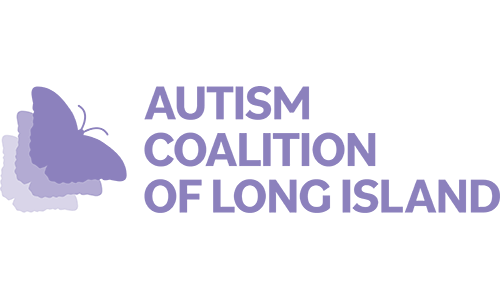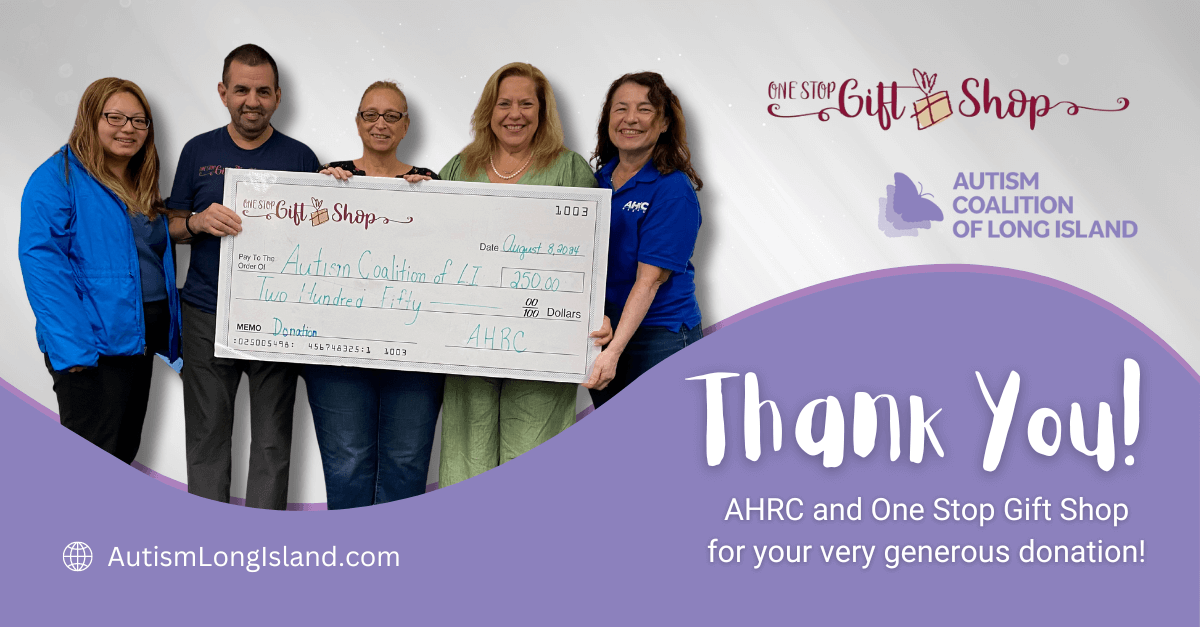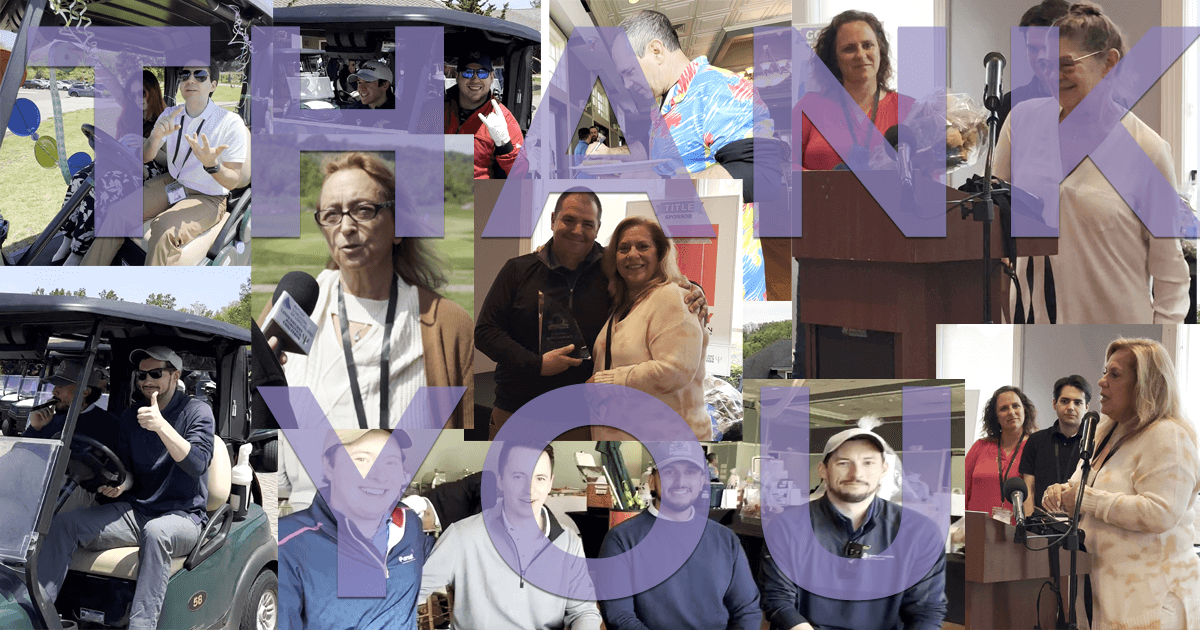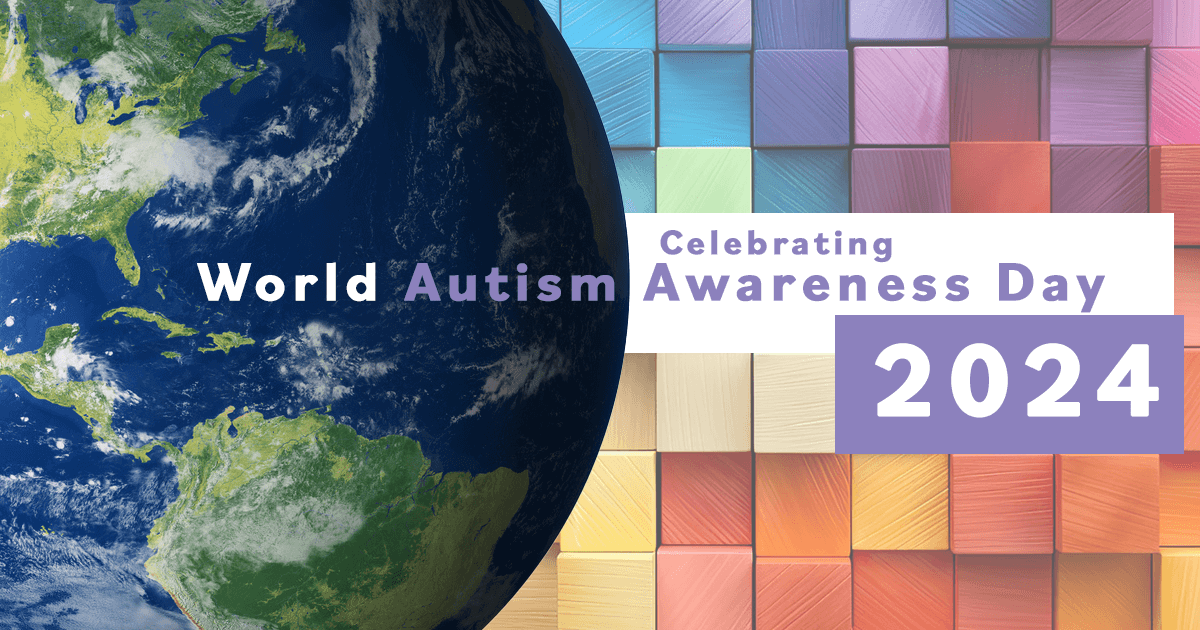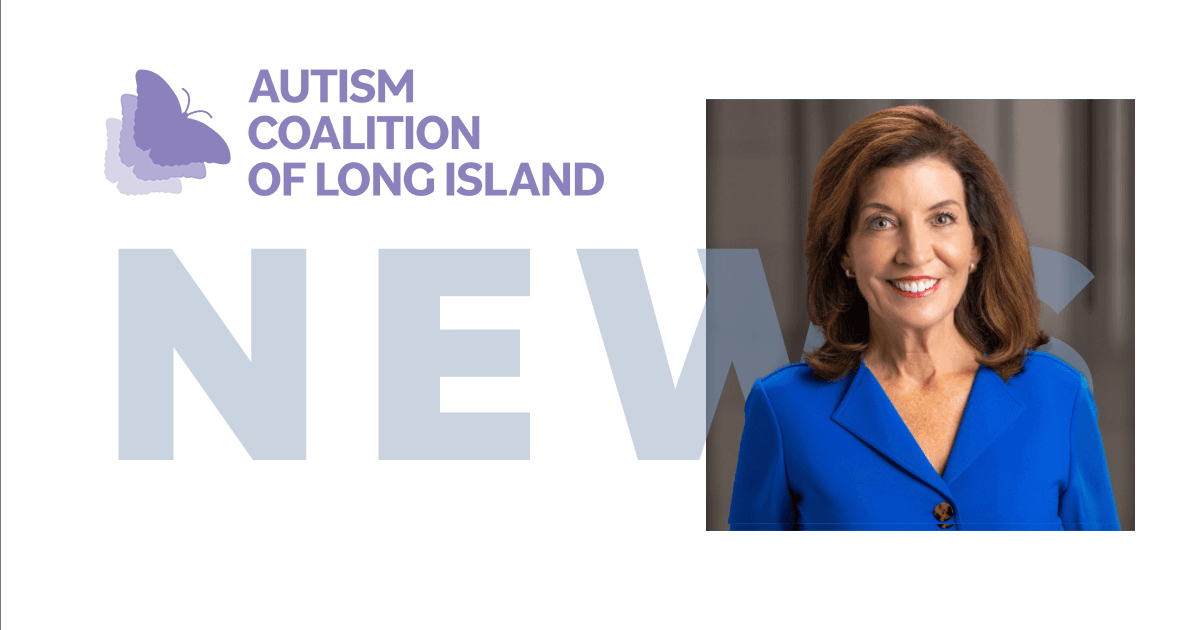From: NYAPRS
NYAPRS Note: A broad coalition of disability and legal rights groups including NYAPRS have sent the following letter this morning to the Cuomo Administration urging that prompt action be taken to mitigate the contraction and spread of the COVID-19 in state funded congregate facilities that serve thousands of New Yorkers with disabilities, including nursing homes, adult homes, supportive housing, group homes for people with psychiatric and developmental disabilities, psychiatric hospitals and state prisons. See below for details.
Honorable Governor Andrew M. Cuomo NY State Capitol
Albany, NY 12224
Re: NY’s COVID-19 Policies For People With Disabilities Living In Congregate Settings
Dear Governor Cuomo:
The undersigned disability rights organizations are writing in regard to the State’s COVID-19 policies and procedures regarding people with disabilities living in congregate care facilities, including nursing homes, adult homes, supportive housing, group homes for people with psychiatric and developmental disabilities, psychiatric hospitals and state prisons.
As you have recently referenced in your press briefings, people in these facilities are at a very high risk for contracting COVID-19 once they enter a facility due to shared and often crowded living quarters. Many programs have shared bedrooms and bathrooms greatly limiting the ability to self-isolate when needed. A lack of personal protective equipment (PPE) for the staff and residents is exacerbated when programs are understaffed. Many of these facilities faced understaffing prior to the current public health crisis. This situation in many instances has been greatly exacerbated by the spread of the virus and staff being out sick with the coronavirus, providing childcare while schools are closed, or caring for family members that may be sick. In fact, the crisis has grown well beyond a state of emergency for thousands of New Yorkers.
Moreover, many of the people living in these facilities are in the very high-risk category for dying of the virus. This has sadly and disastrously been playing out in NYS facilities over the past month or so. Fatalities in nursing homes and adult homes make up 25% of all fatalities in New York State due to the coronavirus. New York State must make protecting these individuals the highest priority moving forward. Releasing data and investigating nursing homes is a start, but there is much more that the State must do immediately in order to save the lives of thousands of people living in these facilities.
New York State must ensure the protection and rights of the residents in state-funded facilities and programs. This includes:
1) Ensuring for safe, expedited discharges for individuals that request it. Social distancing and preventing exposure to the virus is the most effective way to save lives. The State must ensure that disabled New Yorkers currently in congregate settings are afforded the opportunity to effectively social distance by leaving these congregate settings for self- quarantine. The state already has programs in place that can help facilitate transitions to alternative living arrangements (such as Open Doors, Medicaid waiver programs, Ombudsman programs, etc.), however the process can often take several months to facilitate. New York State must waive certain regulations and allow for flexibility in the system to support expedited transitions, including:
a. Require social services districts or Medicaid waiver programs to authorize services within 24-hours of the residents’ request.
b. Ensure these individuals have a place to go where they can self-quarantine and socially distance. Individuals who have family members or friends who can take them in, can move in with their families using FEMA funds to provide temporary accessibility if needed (i.e. a temporary ramp). For individuals who do not have a place to go, use FEMA funds to house them in area hotels and college dormitories which are underutilized because of the COVID-19 pandemic as emergency housing. For individuals in adult homes, the state should support temporary transfers of residents to hotel rooms with ‘front door’ clinical and support staff, similar to the SRO model of housing for people with mental health and related disabilities, as alternatives to adult home settings and policies that currently threaten their health.
c. For individuals who have family members or other individuals that can provide personal assistance services, waive the rules that a) require a health assessment to become a consumer directed personal assistant and b) limit the ability of family members to provide personal assistance services under the program.
d. To meet the needs of individuals who require agency-managed home care services, the state should immediately assess provider capacity for accepting new cases and refer these individuals based on that availability. Home care agencies will accept these cases upon referral and must not be permitted to refuse to serve these individuals. Where warranted to ensure adequate staffing allow Personal Care Aides to begin working with limited training.
e. Use FEMA funds to allow these individuals to buy delivered meals directly or fund community-based organizations – like Independent Living Centers – to assist with food and meals.
f. All discharges must be voluntary. The state must ensure that individuals in community hospital psychiatric units who are being considered for transfer to state hospitals must give their approval and that the state must promptly reverse the trend towards increased use of the state facilities as the virus abates, ensuring that New York meet its legal obligation to deliver services for people with disabilities in the most integrated settings across New York. Similarly, individuals in nursing facilities should not be discharged or transferred against their will.
2) Stopping the spread within state-funded facilities and programs. For the individuals that remain in these facilities, at a minimum, the State must:
a. Ensure adequate availability of Protective Personal Equipment (PPE) and increased staffing within facilities. Just as the State called on health care workers to sign up to work in hospitals, the State must do the same to address understaffing issues. Overworked aides, particularly those travelling between facilities and lacking the necessary PPE are likely carriers of the virus. Further, as the virus spreads throughout facilities and workers become ill, people are not receiving the care they require, leading to suffering and additional health problems. Similarly, NYS and NYC must greatly improve their acquisition and distribution of masks and PPE to adult home residents and staff.
b. Prioritize testing of residents and workers in these facilities. Facilities must use this information to quarantine people who are positive from the rest of the population. People who are not positive should be provided the necessary resources they need to leave the facility.
c. Create social distancing opportunities within the facilities, including at mealtimes, in bathrooms and at all treatment and rehabilitation sessions, groups and other activities. Groups can be held for people who remain six feet apart from each other, and treatment and support can be provided virtually as it is now for outpatients, via phone, text, zoom and online applications. In some instances, inpatients and residents wearing masks and PPE can get much needed time off of the wards in the company of staff who are also afforded masks and PPE.
d. We fully support recommendations offered by The Legal Aid Society and the Prisoners’ Legal Services of New York that have urged Governor Cuomo to grant clemency to vulnerable state prison inmates, including those who are older or have chronic medical conditions. Contrary to recent public statements by the Department of Corrections and Community Supervision, people with “a significant mental illness” must indeed be considered are one of the categories of people who are eligible for release.
e. Eliminate the requirement that nursing facilities must accept individuals who have tested positive with COVID-19.
3) Collecting and making public data specific to state-funded facilities. It wasn’t until last week that the State released data related to COVID-19 in nursing facilities, however the data was incomplete. The data made public only shows the nursing facilities that have had five or more deaths related to COVID-19. The state must release the list of all facilities and programs that have had a positive COVID-19 case. This is essential for garnering local resources and supports in concert with state and federal resources. As you know, the sooner this information is made available, the faster action can be taken, and the more lives will be saved.
While we greatly appreciate your strong leadership at this time, so much more is needed to ensure that New Yorkers with disabilities are afforded the safety, support and dignity to which they’re entitled, especially during these threatening times.
We urge you to engage in discussions with our groups to help develop and implement these policies at both the state and local level. For follow up, please contact:
Lindsay Miller, New York Association on Independent Living, LMiller@ilny.org
Harvey Rosenthal, New York Association Psychiatric Rehabilitation Services, harveyr@nyaprs.org
Bryan O’Malley, Consumer Directed Personal Assistance Association of NYS, bryan@cdpaanys.org
Glenn Liebman, Mental Health Association in New York State, gliebman@mhanys.org
We look forward to your prompt action in response to this letter.
Sincerely,
Alliance for Inclusion and Innovation Association for Community Living
Brain Injury Association of New York State
Coordinated Behavioral Health Services Independent Practice Association, LLC
Catholic Charities Disabilities Services
Consumer Directed Personal Assistance Association of NYS
Chinese-American Planning Council (CPC)
Coalition for the Homeless
Commission on the Public’s Health System
Community Based Services, Inc
Community Consortium
Corporation for Supportive Housing
Disability Rights New York
Hand-in-Hand: The Network of Domestic Employers
International Association of Peer Supporters
Mental Health Association of NYC
Mental Health Association in NYS
National Alliance on Mental Illness-NYC
National Alliance on Mental Illness-NYS
New York Association of Psychiatric Rehabilitation Services
New York Association on Independent Living
New York Lawyers for the Public Interest New York
Legal Assistance Group
New York State ADAPT
North Country Access to Health Care Committee
The Legal Aid Society
Read More From: NYAPRS
